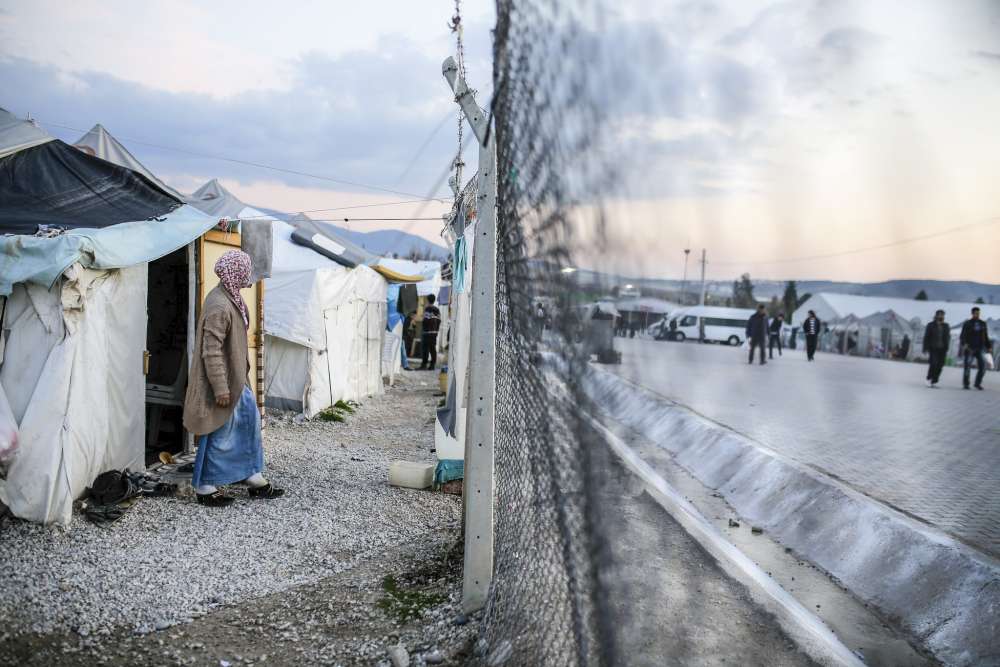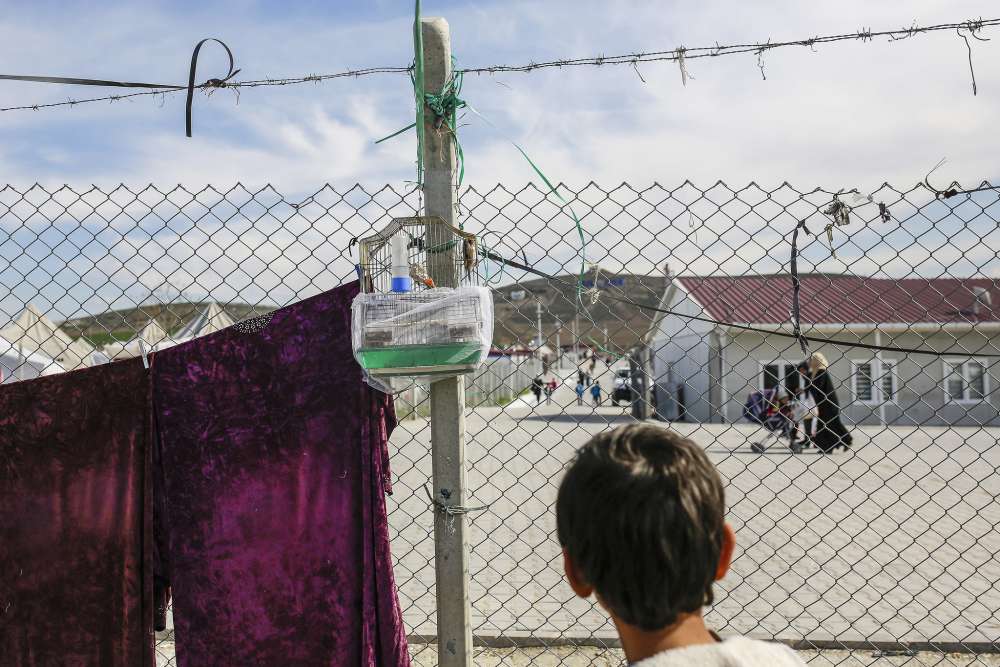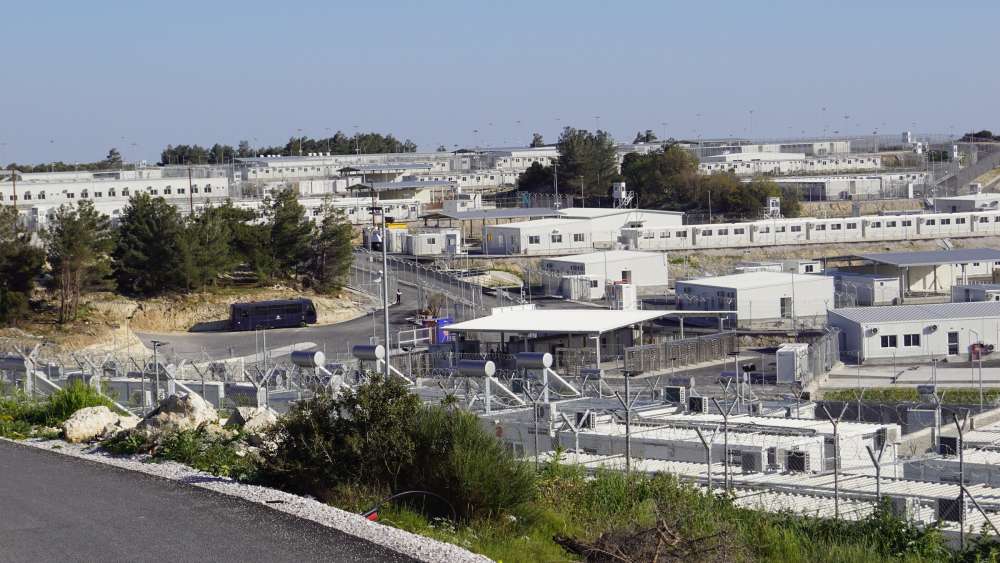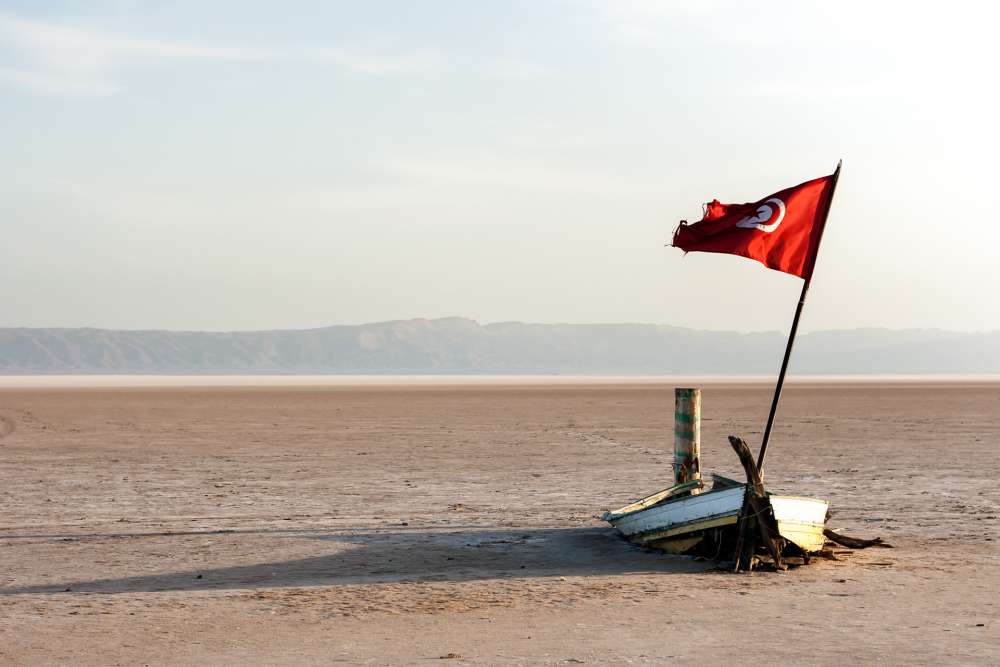Germany Can Protect Refugees and the European Asylum System. Here’s How.

The house of cards of European migration (non)policy is collapsing before our eyes. For weeks, one million displaced persons in northern Syria have been enduring a precarious situation on the Turkish border. The few that have the financial means for the journey have made it to the no man’s land that is the Greek-Turkish border region – where the authorities are now using live ammunition. Nerves are also on edge on the Greek islands: both the Greek coast guard and enraged islanders have been using force to hinder people in inflatable boats from landing in Lesbos. It was clear that the situation would escalate at some point – as was the fact that Turkish President Erdogan would declare payday for the EU-Turkey deal at the worst possible moment.
Since 2015, European policymakers have primarily focused on closing legal migratory routes into the EU. In addition, the European Court of Human Rights recently ruled that the immediate deportation of asylum seekers – a practice known as ‘pushbacks’ – is admissible if they have entered the EU illegally. This decision effectively overrides the right to apply for asylum. Until now, this slow dismantling of European asylum law largely happened outside the media spotlight and could be conveniently ignored – even though it was very much apparent in the declining numbers of first-time asylum applications in Germany since 2016. But that is now changing. Greece’s halt on accepting any more asylum applications for the time being has already been declared illegal by the UN. If Germany and Europe remain hell-bent on reinforcing borders while ignoring illegal acts, they will seal the end of the right to asylum on the European continent as we know it.
Now that the situation at Europe’s borders has brought the dire situation of people fleeing war back into the spotlight, Germany has one last chance to save this important norm: by initiating a humanitarian evacuation of the most vulnerable asylum seekers from northern Syria, Turkey and Greece. Such a measure is not about taking people in without vetting or opening the borders – it is about helping the weakest survive while their claims to asylum are processed in Germany. Importantly, it would not only mean evacuating people that are stuck at the Turkish-Greek border or in the Greek camps – the most vulnerable often do not make it that far. Germany should also rescue the weakest of those holding out at the Turkish border in Northern Syria. Nationality should not play a role either – many Afghan refugees are far worse off in Turkey than Syrians, who receive at least temporary support.
To alleviate the suffering as quickly and effectively as possible, Germany must set a courageous example. For years, the EU’s member states have not managed to come to an agreement on a fair distribution of asylum seekers. This will not suddenly change. But if Berlin now sends a strong signal, it is possible that other European states would follow suit. However, for this to happen Germany must be willing to take in a large number of people – about one hundred thousand – over the course of this year to process their applications for asylum. Logistically, such a humanitarian evacuation is absolutely feasible. At least 60 German municipalities declared themselves willing to directly accept asylum seekers long ago. In the case of Greece, Germany could start by reuniting children who are still in the camps with their families already living in Germany. In northern Syria and Turkey, the local UN agencies could do the necessary vulnerability and security checks on Germany’s behalf. This would include, for example, health assessments as well as an initial analysis of individuals’ financial means.
As feasible as this option is, politically it is off the table – for now. EU Commission President Ursula von der Leyen has thrown her weight behind an effort to reassure Greece and pledged financial assistance for Athens’ border protection efforts. Meanwhile, German Chancellor Merkel has focused on well-tempered criticism of President Erdogan in an attempt to salvage the unraveling EU-Turkey deal. A timid proposal by the Green party that German should take in five thousand people from the Greek camps – the only attempt so far – was immediately quashed by the Christian Democrats. Apart from that, the German opposition parties have confined themselves to the demand that Russia be forced into a ceasefire in Syria.
An end to the fighting is obviously the best option. But even if – contrary to all expectations – the situation in the region does not deteriorate any further: people who have fled from war and destruction will not find protection in their bombed homeland overnight. What is supposed to happen to them in the meantime? Cue awkward silence in all directions.
All of this should come as no surprise. Ever since the public mood on migration in Europe turned in 2015, policymakers have been paralyzed by the fear of playing into the hands of right-wing populist parties. As a result of its head-in-the-sand policy over the last five years, the German government has missed every opportunity to defend or communicate a normative position on asylum issues. Even for purely tactical reasons, allowing the populists to continue to dictate the discourse in this way would be wrong. Anyone who votes for right-wing parties because of a hundred thousand people saved from the worst hardship would do so regardless. Should the powder keg that is the situation at the Turkish-Greek border actually explode, this too would play into their hands.
If the German government manages to clearly communicate a humanitarian evacuation to the public, it can only win with such a resolutely courageous policy – beyond saving lives and defending the right to asylum.
This commentary was originally published in German in taz on March 05, 2020.







